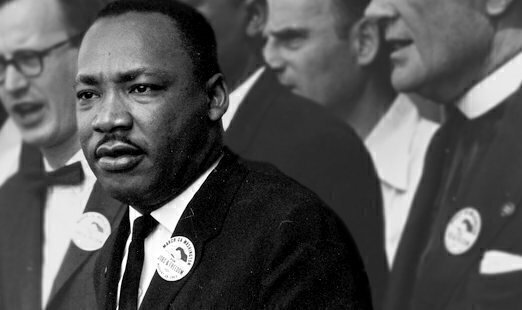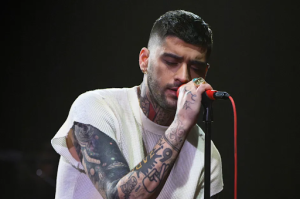A brief history of MLK Jr. Day and its legacy
The inspiration from the Civil Rights leader and the problems with how we remember him today
January 26, 2022
Martin Luther King Jr. Day is a renowned holiday that celebrates not only the man, but the movement he helped establish. His lasting legacy of peace led to the King Center, founded by his wife and leading Civil Rights activist Coretta Scott King. The King Center is an organization dedicated to maintaining King’s visions of equality through peaceful methods of protest. Committed to this goal, Coretta Scott King sponsored the holiday’s first observance on Martin’s birthday, January 15, 1969.
Although MLK Jr. Day may have passed, many see the holiday at the symbolic starting point for Black History Month celebrations and activities, which begin in February.
After the first observance a bill was signed into law, many states supporting the decision celebrated this holiday. However the holiday did not become a federal observance until 1986, when President Ronald Reagan signed it into law. Since then, the day has served to honor the Civil Rights activist’s revolutionary legacy for his contributions toward the fight against systemic racism and injustices. The cherished holiday is to inspire citizens to volunteer, honoring Dr. King’s quote “What are you doing for others?”
This year the King Center, ran by Martin and Coretta’s daughter, Dr. Bernice King, had ambitious plans. From January 10 15 the center provided virtual community gatherings, focusing on educating youths with volunteerism, teaching them change starts from within. Numerous schools and universities also observed the day with the slogan, “MLK Jr. Day: a day on, not a day off.”
Following in her legendary parents footsteps, Dr. Bernice King has continued to advocate for equal rights for all through peaceful demonstrations and educational activities. A current-pressing concern for the Kings is the restrictions on voters rights following the 2020 election. Since then, over 19 states have passed a multitude of laws that activists fear may deter Black voters. “What’s going on right now would not surprise him, it would disappoint him,” said Dr. King’s daughter Bernice during a rally on January 18 in honor of her father’s legacy.
Dr. King’s message has also been challenged and politicized in an increasingly-polarizing society. Social commentators note how King’s infamous words, particularly the lines from his “I Have a Dream” speech from the 1963 march on Washington, have become watered down and even utilized in the face of criticisms of racism.
“As the memory of King has aged, it’s taken on a smooth-edged, golden hue,” said Robin Givhan, an editorial writer for the Washington Post in an article on January 11. “Quotations from his speeches have been memorialized in stone but they’ve also been repeated so often and with such disregard for context that they’ve taken on the depth and specificity of a daily horoscope. The words mean whatever you want them to mean.”
In light of this, many progressive groups and activists call on future generations not to remember him as the the warmhearted preacher who called for unity no matter what, but also the fiery activist who was arrested numerous times in the face of bigotry, oppression and racism.
“King earned this holiday not by being bland but by being bold,” said Washington Post columnist E.J. Dionne on January 16. “He was killed because he dared to challenge us to change.”
As the nation heads into Black History Month, Dr. King’s words — whichever ones people choose to celebrate or recite — carry particular resonance, especially at a time that is arguably as polarizing and challenging at the era through which he lived and died.








